
Grief Circling
When our grief has structural causes, it can be the ground of struggle and a utopian political force.


When our grief has structural causes, it can be the ground of struggle and a utopian political force.
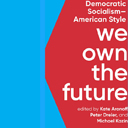
A virtual discussion on postal banking with David Dayen, Courtney “CJ” Jenkins, Melissa Rakestraw, and Flynn Murray.
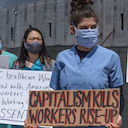
Workers have been infuriated by the callous treatment they’ve received in their workplaces. Many of them recognized that the most surefire way to get their employers to provide the protection they needed was through collective action.
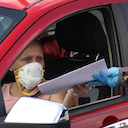
At each step, poor implementation has weakened the U.S. recovery effort.
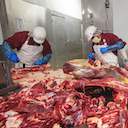
The destruction and exploitation of non-human life has forced different kinds of animals into closer and closer contact with each other, increasing the likelihood that viruses like COVID-19 will emerge.
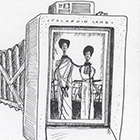
Fifty years ago, a group of Polaroid employees launched the first anti-apartheid boycott of a U.S. corporation. Their activism mirrors the burgeoning organizing efforts of tech workers today.
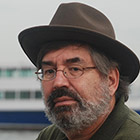
We remember longtime Dissent editorial board member David Bensman.
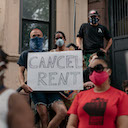
Calls to rent strike have yet to cohere into a national political movement. But as the economic crisis deepens, tenants’ fates will ultimately be decided by their level of collective organization.

Unless we win serious changes now, the worst is yet to come.

The author of The Deficit Myth on why national debt is not an obstacle to progress—and why the government can afford to fund its priorities.
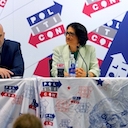
A conversation with historian Samuel Moyn on the Never Trump movement, a collection of conservative intellectuals and Republican operatives trying to consolidate the so-called political center against not just Trump but also the left.

The evolution of information technologies will beckon us to expand the powers of governments, especially when we believe they would serve the common good, like during a pandemic. A bit of reflection should give us pause.

The beginning of the pandemic saw governments around the world experimenting with ways to pay people to stay home. What have we learned?
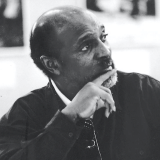
The point of theorizing about racial capitalism is to focus our attention on the broader forms of organization that are constitutive of social life under capitalism, beyond how it organizes work and production.
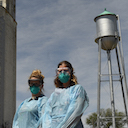
In the hardest-hit rural communities, the collective immune system was already fatally compromised. They were deep into a decades-old crisis when the pandemic arrived.